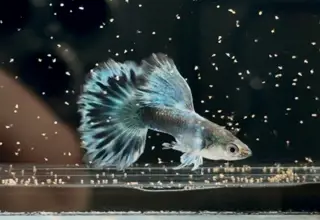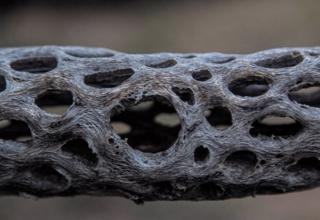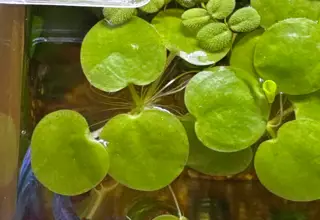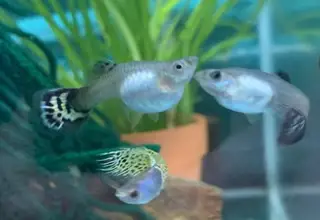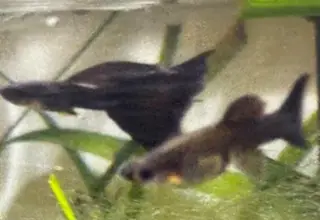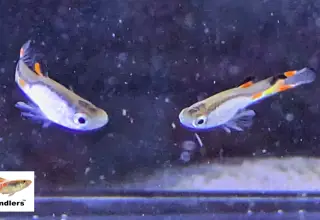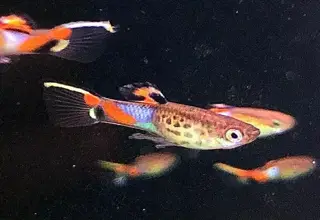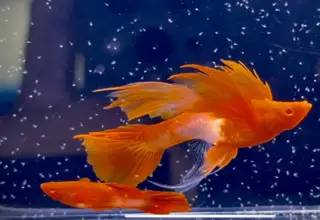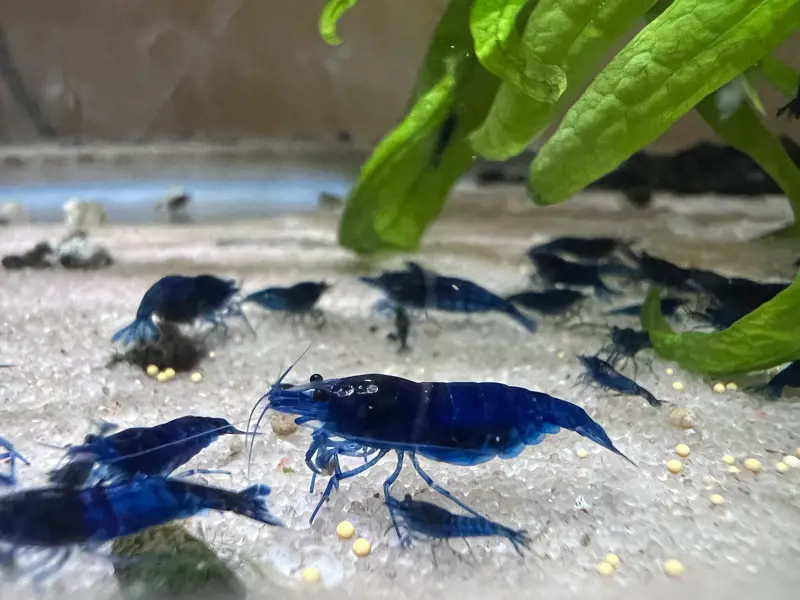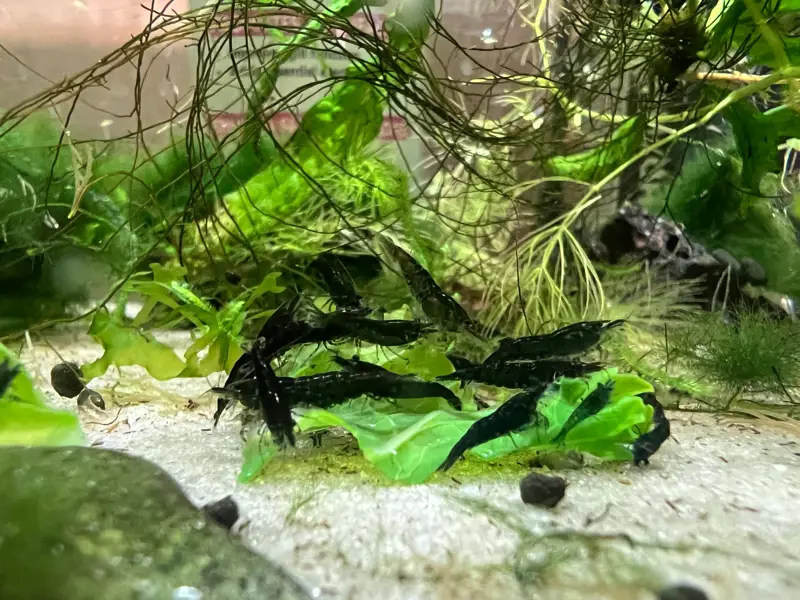API Root Tabs vs Seachem Root Tabs: Which is Best?
Posted by on 3/22/2023
We use affiliate links and may receive a small commission on purchases.
Both API and Seachem produce a wide variety of aquarium-related products, so it comes as no surprise that they both offer root tabs. These small tablets are used to enhance aquatic plant growth, but which is the better option?
In this post, we'll compare the root tabs from these popular businesses, and we'll even provide some alternative fertilization methods for hobbyists looking to build out a beautiful planted aquarium.
Root Tabs, Explained
Root tabs are small, dissolvable tablets that contain various types of minerals and trace elements. Over time, these tablets dissolve and fertilize your plants, allowing them to grow healthily. In some cases, the waste produced by tank inhabitants produces an adequate amount of nutrients for the most basic types of aquatic plants. But for hobbyists looking to create aquascapes with more demanding plants, a fertilization regime is a must.
Root tabs are often marketed towards freshwater aquarium hobbyists new to planted tanks. They're convenient and promise vibrant aquatic plants without promoting algae growth. But are these root tabs all that's needed to build an award-winning aquascape? Personally, we disagree, and we'll provide some other options a bit later in the post. But for now, let's compare the two most popular root tabs in the hobby.
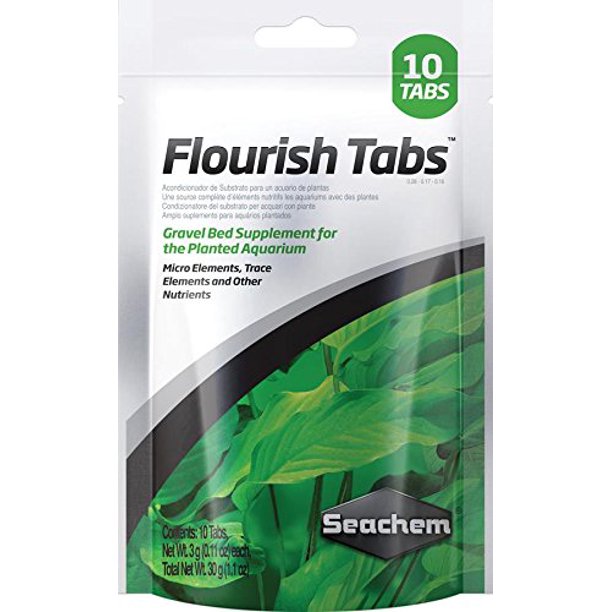
API Root Tabs
API, an abbreviation of Aquarium Pharmaceuticals Inc is owned by Mars, the same company known for its famous candy bars. Based out of Chalfont, Pennsylvania, their root tabs typically contain about 10 capsules per box. Inside these capsules are Nitrogen, Phosphate, Potassium, and Iron, making up the majority of macronutrients needed by plants.
If you have a 10-gallon aquarium, you'll need to use about 6 tablets a month to promote active, healthy plant growth.
🛒 Shop Freshwater Fish on Light Fish
Seachem Root Tabs
Founded in 1980, Seachem Laboratories is a Georgia-based business that specializes in aquarium water treatment products. Planted tank hobbyists may already be familiar with Flourish and Excel, two liquid-based solutions also sold by Seachem.
Seachem's Root Tabs provide Potassium, Phosphate, and Nitrogen, but also contain trace amounts of Sulfur, Boron, Cobalt, and Iron. This should cover both macronutrients and micronutrients, two components used by plants.
They're typically sold in packs of 10 or 40. Similar to API Root Tabs, you'll need about 6 tablets every month for every 10 gallons of volume in your tank.
Best for Growing Low Light Plants
If you're housing easy-to-grow low-light aquatic plants, such as Java Fern, Java Moss, or different species of Anubias. Go with whatever is cheaper among the two, in our research, Seachem Root Tabs tended to be about $1 cheaper on average. But these products do occasionally go on sale, and you may be able to land a good deal.
Since low-light plants have very slow rates of nutrient uptake, both of these root tab offerings should get the job done for the majority of hobbyists. You'll likely be able to stretch the root tabs a bit further if you're growing low-light plants, only needing to replace them every few months or so, compared to each business's recommendation of 1 month.
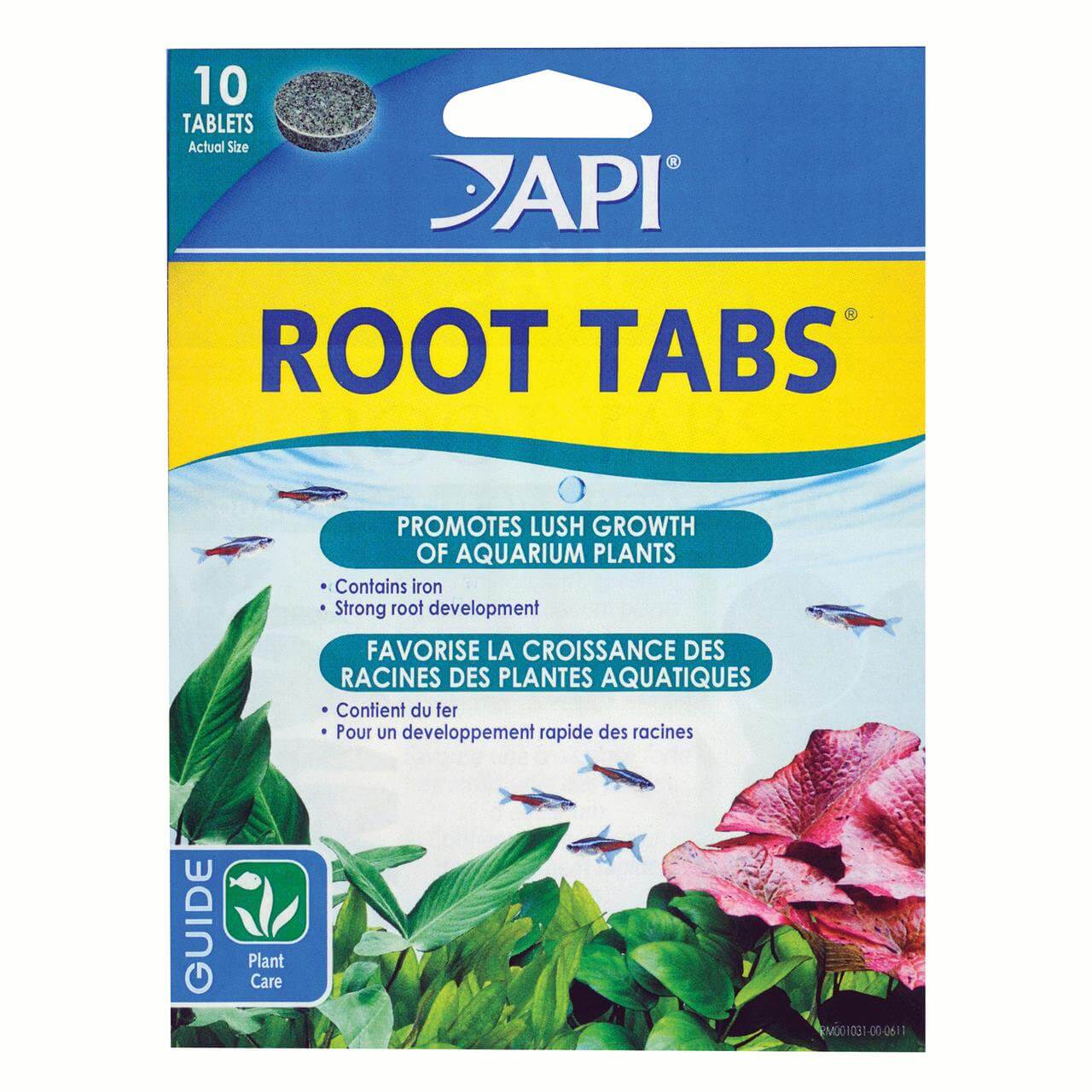
Best for Growing High Light Plants
If you're growing more demanding aquatic plants, such as Rotala Wallichii, Bucephalandra, or Cryptocoryne "Flamingo", we recommend Seachem Root Tabs, as these root tabs contain micronutrients not seen in API's offering.
Keep in mind, high-light plants will require an ample supply of nutrients, and the cost of root tabs can add up quickly. We strongly recommend considering alternative methods of fertilization.
Best for Growing Carpeting Plants
If you're growing difficult-to-care-for carpeting plants, go with Seachem's Root Tabs. Plants such as HC (scientific name: Hemianthus Callitrichoides) will benefit from the additional micronutrients provided by these root tabs.
However, if you're carpeting an aquarium with a low-light species, such as Java Moss, go with whatever root tab is cheapest in your area, there won't be much of a difference as the nutrient uptake for low-light plants occurs at a slow rate.
Other Fertilization Options
If you're growing demanding plants or plan on keeping a planted tank for a long while, we strongly recommend purchasing fertilizers directly and dry dosing (dropping the compounds directly into your tank.) You can purchase KNO3 (Potassium Nitrate), KH2PO4, (Potassium Phosphate), and K2SO4 (Potassium Sulfate) directly online, and a half-pound bag of each could last you a long while, up to a few years depending on the tank size.
While the above will have you covered for macronutrients, you can purchase Plantex CSM+B, which will cover you for micronutrients.
You can also pre-mix the fertilizers mentioned above with water, and fill Liquid Squirt Bottles so that you don't have to measure out the correct amount of nutrients every time you need to fertilize your aquatic plants.
If buying and mixing your own fertilizer seems a bit overwhelming, Seachem's Flourish is a liquid-based fertilizer, albeit a bit more expensive.
Conclusion
As you can see, there is little difference between API Root Tabs and Seachem Root Tabs. Whichever is best largely depends on the plant species and lighting intensity.
Now that we've discussed the two most popular root tabs, do you plan on purchasing one of them? Or perhaps you've reconsidered your approach, and plan on mixing up your own fertilizers. Let us know what you plan on doing in the comments below, and be sure to check out our marketplace and community forum where you can buy and sell anything related to aquariums with other like-minded hobbyists.
February's Giveaways on Light Fish
